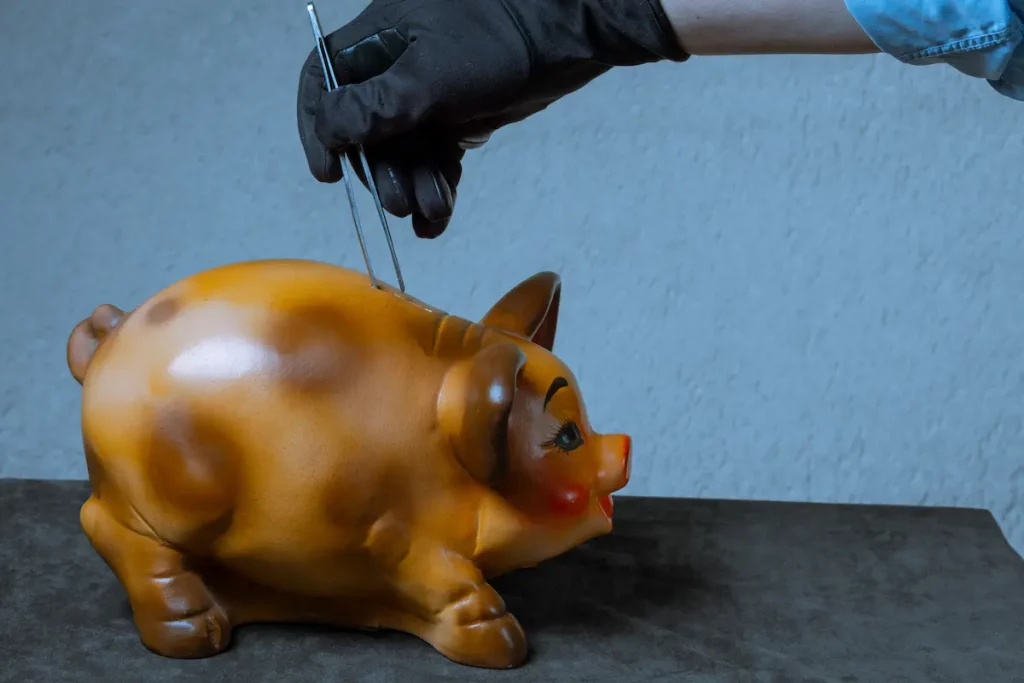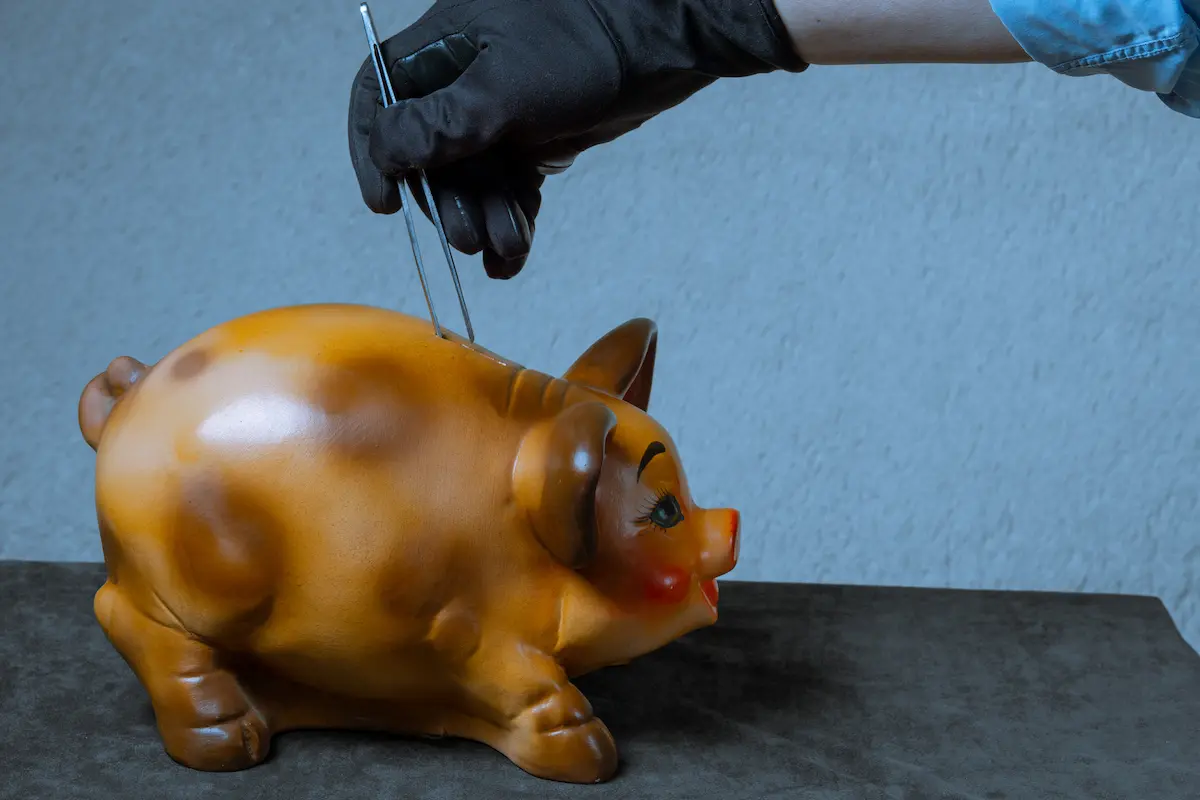Whether or not parents can legally take their kid’s money differs from country to country. From a moral perspective, however, it is a lot clearer – if your child has worked hard for their money, they should keep it.
It is common for parents to have control over their children’s money as children don’t have an understanding of how to handle money. In many families, children are expected to give any money they have earned to their parents.
You should guide your child in how to handle their finances and open bank accounts in their own name as early as possible. The world is cruel, and it is difficult to get started with no foundation. Teaching children about financial literacy is a vital skill that will set them ahead in life.

Related Reading: Can a Parent Force Their Child to Go to Church
Is It Legal For A Parent To Take Their Kids Money?
In some circumstances, it is entirely fair and legal for a parent to take their children’s money. In most countries, such as the United Kingdom and Canada, if a parent takes their child’s money they must use that money to the benefit of the child.
Therefore, the child’s money should be used to contribute to their housing, clothing, food, or other essentials.
It is also commonly held that children under 16 cannot have independent bank accounts and therefore their accounts are linked to their parents. This enables parents to monitor their children’s transactions and easily transfer money between their accounts.
It depends on what your countries regulations say about whether parents have entitled to their children’s money. In Australia, Canada, the United Kingdom, the United States, and countries that follow similar laws it is not legal for parents to take their children’s money without using it to contribute to their upbringing.
It is especially illegal for parents to take their children’s money without consent if they are over 18 years old. Parents can request rent from their children if they are still living at home and are above 18 years old, and their children must agree to these terms.
Parents cannot demand rent or contributions from children under 18 years old as it is their responsibility to provide for their children.
It is understandable that parents hit hard financial times and aren’t able to provide as much for their children as they would like. Especially if parents are struggling to make ends meet. As a family, you can discuss children who are able to work, contributing to the household.
However, it is unethical and illegal for parents to take their children’s money as they please without consent and without using the money to benefit the child.
Parents may have raised their children and may feel as though they are entitled to their children’s money as such. It is in fact the contrary. Parents are not entitled to take their children’s money.
It is imperative that a parent protect their children’s best interest and taking their money does not serve as such.
Can Parents Take Their Children’s Money As Punishment
This can be a grey area and each case will have its own merits. Taking small sums away from your children for bad behavior will set the precedent that their bad behavior will be punished.
However, it is important to get the balance right. Taking extreme amounts of money can rather teach your child that their hard work to earn that money is not respected. It could also indicate to your child that they are not respected as people.
It is important to teach your child how to correctly handle their finances and even more so to teach them that hard work will be rewarded, and that bad behavior will be fairly and justly punished.
Teaching a child about respect starts with their parents. It is important that a child knows that their money and possessions will be protected. Items that children have bought for themselves with their money can’t be taken as punishment either as it is legally their possession.
The punishment should always fit the crime, for example, if your child is recklessly spending all of their savings on things they do not need or if you suspect that they may be using their money to purchase illegal substances then it is fair to protect them from themselves and enforce stricter restrictions on their access to their money.
It is ultimately your child’s money. It is your job as a parent to protect your child and if it is fit for you to take their money, then that must be done. However, it is highly recommended that you keep this money separate and return it if your child is in a position to handle their own finances.
Why You Should Avoid Taking Your Childs Money
Unless it is an absolute necessity to take your child’s money to help keep food on the table, or if you are teaching them a lesson then it is best to avoid taking their money.
When you unfairly take your child’s money it will damage the trust in your relationship and further make your child feel that it is necessary to start hiding money from you, and also that their hard work is not worth it.
Children look up to their parents and should feel safe in their own homes. There are circumstances that warrant a parent taking their child’s money, but it must always be done fairly.
Financial abuse has serious consequences on a child’s mental wellbeing and their upbringing is the basis for how children will view finances. Hard work and saving should be rewarded.
It is blatant theft for parents to take their children’s money without a good reason – such as a fair punishment or to use for their benefit such as buying food or clothing for them.
Raising a child is a lot of responsibility and cannot be taken lightly. The best thing you can do for your children is set them up for their adulthood with a healthy understanding of money and how to save.
Related Reading: Will Parents See Internet History on the Bill?
In Conclusion
As parents, it is really important that you respect your children and their personal belongings. This is the basis of any relationship, and if you hope to have a healthy relationship with your child it will go a long way if you respect their money.
It is not entirely illegal for parents to take their children’s money, but rather it can be illegal if parents abuse this power over their children. Parents cannot just take their child’s money without using it to the child’s benefit.

